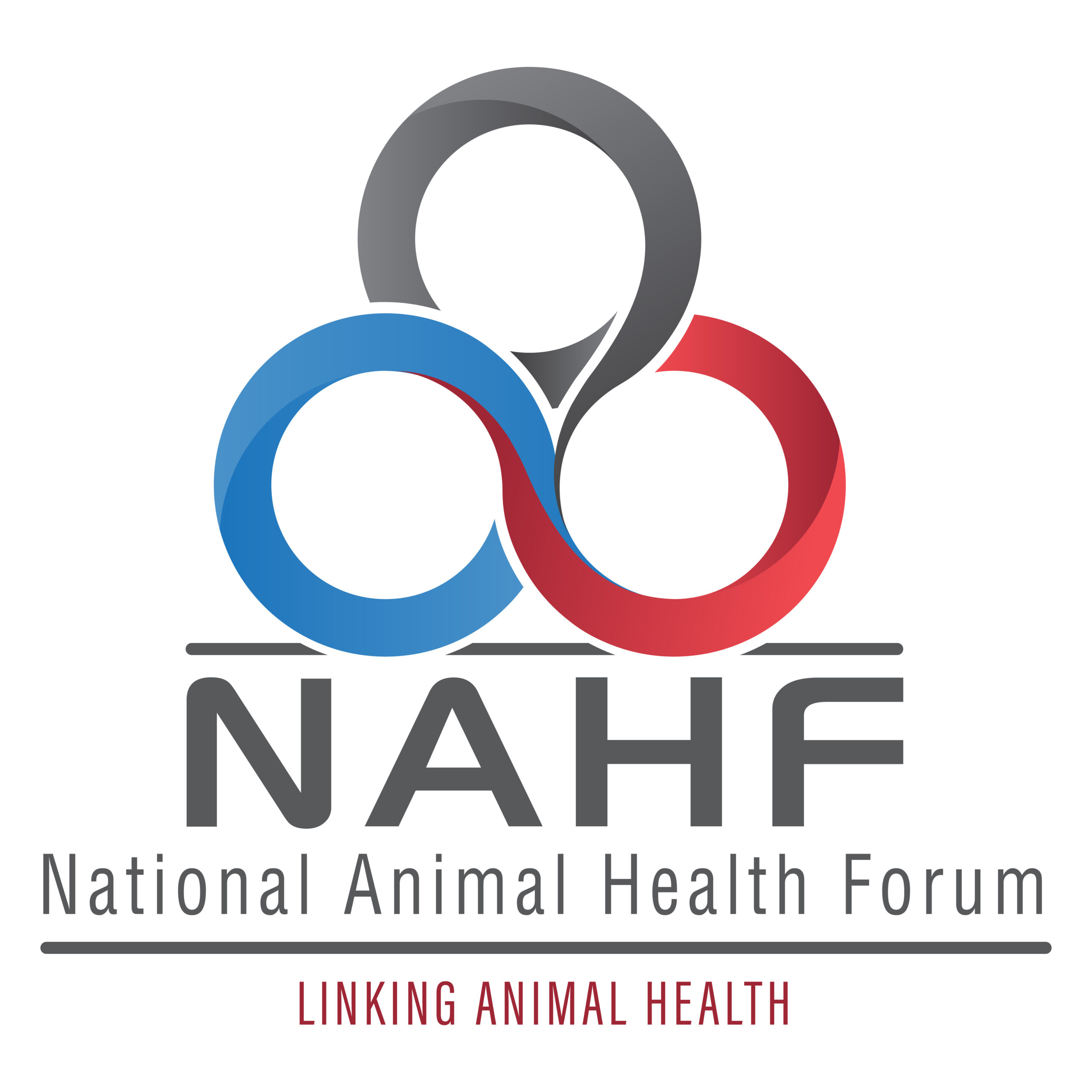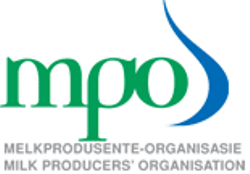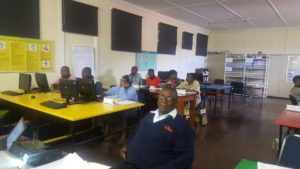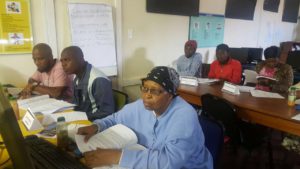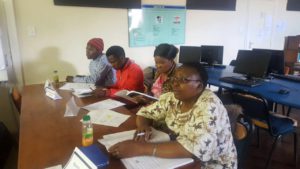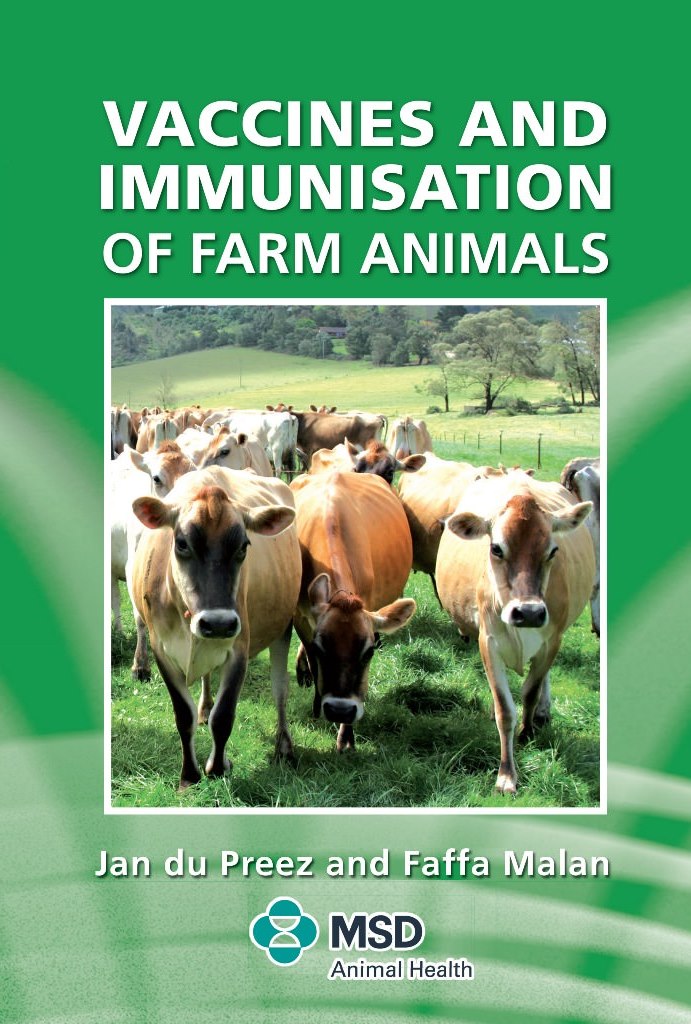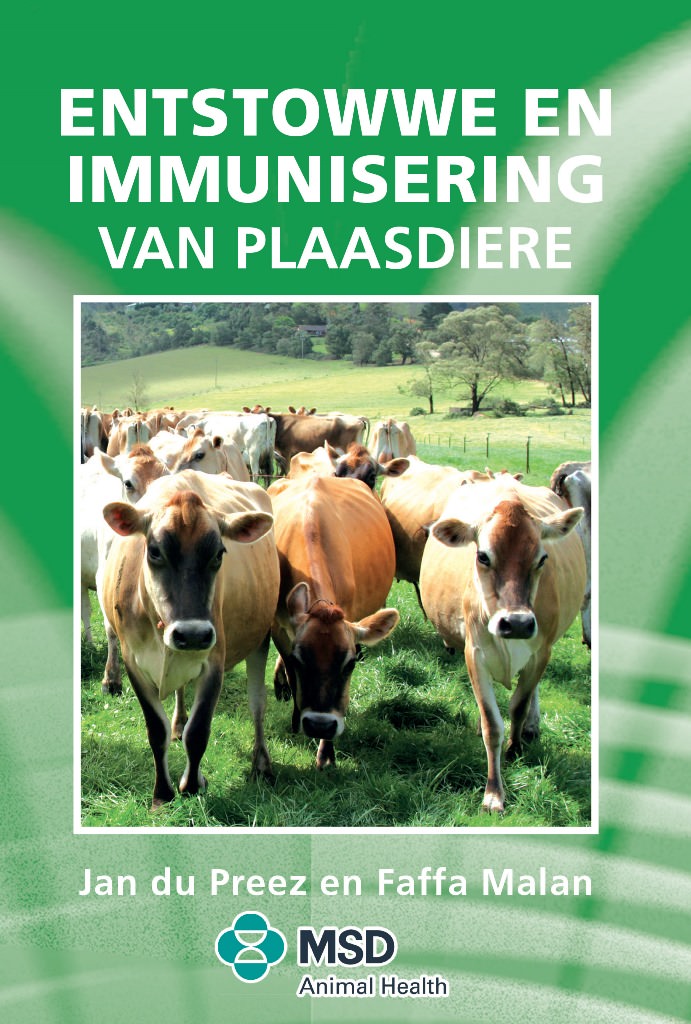MPO Training Institute
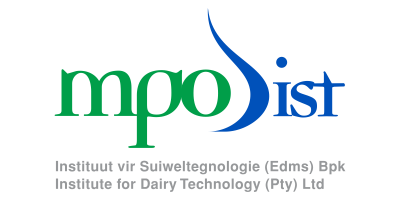
MARKETING MANAGER:
Helene Pheiffer at +27 (0)79 528 1394
helene@mpo.co.za
ENQUIRIES:
Chantel Joubert at 012 843 5747
chantel@mpo.co.za
Jas Wasserman at 012 843 5743 or
082 490 2465 or jas@mpo.co.za
Dairy Occupational Qualification
The dairy occupational curriculum consists of the following three levels, all of which are required for the full qualification, although partial qualifications are also recognised:
The Milk SA guide to Dairy Farming in South Africa is the workbook for the training of the dairy farmworker. Training is divided into various modules that cover knowledge and practical components of the following dairy disciplines:
MODULE 1: SOUTH AFRICAN DAIRY FARMING ENVIRONMENT
- Introduction to the South African dairy industry
- Dairy breeds
- Basic dairy farming business concepts
MODULE 2: DAIRY CALF AND HEIFER REARING, FEEDING AND HEALTH CARE
- Introduction to dairy calf and heifer health care
- Calf rearing systems
- Hygiene and care
- Calf feeding concepts
- Awareness of dairy calf diseases
- Calf and heifer care and production concepts
MODULE 3: DAIRY ANIMAL HEALTH CARE
- Diagrammatic illustrations and basic functions of the anatomical system
- General dairy livestock health
- Awareness of causes of disease in dairy animals
- Health assessment
- Parasites and basic lifecycles
- Farm bio-security and risk prevention (including zoonotic diseases)
MODULE 4: DAIRY ANIMAL PRODUCTION
- Animals herding and handling practices
- Dairy animal breeding concepts
- Water supply systems on dairy farms
- Fencing on a dairy farm
MODULE 5: DAIRY LIVESTOCK FEEDING
- Dairy feed types and feeding practices
- Feeding of heifers
- Feeding of cows in milk
- Feeding of dry cows
- Feeding facilities and equipment
MODULE 6: MILK HARVESTING AND IN-PARLOUR PROCESSING
- Milk harvesting facilities
- Udder health
- The milk harvesting process
- Dairy parlour equipment and systems
- Dairy parlour hygiene
- Essential production records
- Composition of milk and quality indicators
- In-parlour processing and quality control concepts
The occupational qualification the Dairy farmer, covers three levels: dairy farmworker, dairy supervisor and dairy herd manager. The part qualifications Dairy farm worker and Dairy supervisor require the completion of all the knowledge, practical and workplace experience components of each level. To occupational qualification the Dairy Farmer requires the completion of the knowledge, practical and workplace experience components of both the dairy supervisor and dairy herd manager modules.
The dairy supervisor modules cover the following dairy disciplines:
MODULE 1: SOUTH AFRICAN DAIRY FARMING ENVIRONMENT
- Introduction to the South African dairy industry
- Dairy breeds
- Basic dairy farming business concepts
MODULE 2: DAIRY CALF AND HEIFER REARING, FEEDING AND HEALTH CARE
- Introduction to dairy calf and heifer health care
- Calf rearing systems
- Hygiene and care
- Calf feeding concepts
- Awareness of dairy calf diseases
- Calf and heifer care and production concepts
MODULE 3: DAIRY ANIMAL HEALTH CARE
- Diagrammatic illustrations and basic functions of the anatomical system
- General dairy livestock health
- Awareness of causes of disease in dairy animals
- Health assessment
- Parasites and basic lifecycles
- Farm bio-security and risk prevention (including zoonotic diseases)
MODULE 4: DAIRY ANIMAL PRODUCTION
- Animals herding and handling practices
- Dairy animal breeding concepts
- Water supply systems on dairy farms
- Fencing on a dairy farm
MODULE 5: DAIRY LIVESTOCK FEEDING
- Dairy feed types and feeding practices
- Feeding of heifers
- Feeding of cows in milk
- Feeding of dry cows
- Feeding facilities and equipment
MODULE 6: MILK HARVESTING AND IN-PARLOUR PROCESSING
- Milk harvesting facilities
- Udder health
- The milk harvesting process
- Dairy parlour equipment and systems
- Dairy parlour hygiene
- Essential production records
- Composition of milk and quality indicators
- In-parlour processing and quality control concepts
MODULE 7: TEAM LEADERSHIP
- Introductory supervision concepts
- Performance standards concepts
- Motivation and team leadership concepts
- Interpersonal relations
- First line discipline
- Work efficiency and effectiveness
MODULE 8: OCCUPATIONAL HEALTH AND SAFETY – CODE OF PRACTICE FOR MILK PRODUCERS
- Introduction to the Code of Practice for Milk Producers
- Structural requirements and machine maintenance
- Good milking practices
- Animal health and welfare
- Hygiene
- Documentation
- Standards and quality control of raw milk
The dairy farmer occupational qualification requires the completion of both the dairy supervisor and herd manager’s modules. The modules of the dairy herd manager covers the following management modules: (Note that dairy reproduction management and biosecurity management is in process of development)
MODULE 9: DAIRY FARM PRODUCTION MANAGEMENT
- Dairy farm design concepts
- Dairy animal reproduction management
- Dairy animal nutrition management
- Dairy animal health management
- Value of milk recording
MODULE 10: FARM BUSINESS MANAGEMENT
- Farm business management
- Farm labour management
- Financial and stock management
- Natural resource management
- Introductory overview of dairy farming related legislation
MODULE 11: PASTURE MANAGEMENT
- The place and role of cultivated pastures in South African dairy farms
- Farm and fodder flow planning
- Grazing management and principles
- Nutrition
- Health risks of dairy cattle on pastures
Training Courses – 2017
The following courses are available for 2017. Please contact us for bookings. Download the scheduling form.
The MPO and Milk SA will present three courses for dairy herd managers: A dairy farm production management course, a business management course and a pasture management course. The courses will take place at the Cedara College of Agriculture – KZN on the following dates.
Dairy farm production management – 14 – 18 August 2017
Business management – 9 – 13 October 2017
Pasture management – 30 October – 3 November 2017
All the courses will be presented by industry experts and topics critical to effective and efficient dairy management will be covered. All dairy herd managers and prospective managers are invited to attend these courses.
The Dairy Farm Production Management Course will cover:
- Dairy farm concepts;
- Dairy breeding management;
- Dairy nutrition management
- Dairy health management; and
- Computer-based programmes and the value of milk recording.
The Farm Business Management course will cover:
- Farm business management;
- Farm labour management;
- Financial and stock management; and
- Natural resource management.
The Pasture Management Course will cover:
- Introduction to the concepts of cultivated pastures in South Africa dairy farms;
- Pastures and farm planning;
- Pastures and fodder flow;
- Principles of grazing management;
- Nutritional value of green pastures; and
- Health risk of dairy cattle on pasture.
Prerequisites for attendance: Reasonable (at least 3 years) dairy experience.
Cost: Courses are sponsored by Milk SA, but accommodation and travel expenses are for your own account.
For course details and registration contact the MPO Institute:
Chantel Joubert at 012 843 5747 or chantel@mpo.co.za
Jas Wasserman at 012 843 5743 or 082 490 2465 or jas@mpo.co.za
Students (new and existing dairy enterprise developers) attending the Dairy Production Management course at Orange Grove, Dundee. Dr Chris van Dijk (MPO’s CEO) is presenting Herd Health Management.
VACCINES AND IMMUNISATION OF FARM ANIMALS
This complete guide written by Dr Jan du Preez and Dr Faffa Malan gives a clear breakdown of all the livestock diseases that occur in South Africa, together with indispensable advice on the recognition and treatment of and immunisation against these diseases. The book covers cattle, sheep and goat, equine, pig and poultry diseases. Each section is accompanied by an immunisation programme that refers to a list of vaccines that is also included in the book. The book is well-illustrated and all chapters include full-colour photographs that illustrate the various disease symptoms and bacteria involved. This highly sought-after publication is available from The MPO (Institute for Dairy Technology) in English or Afrikaans.








